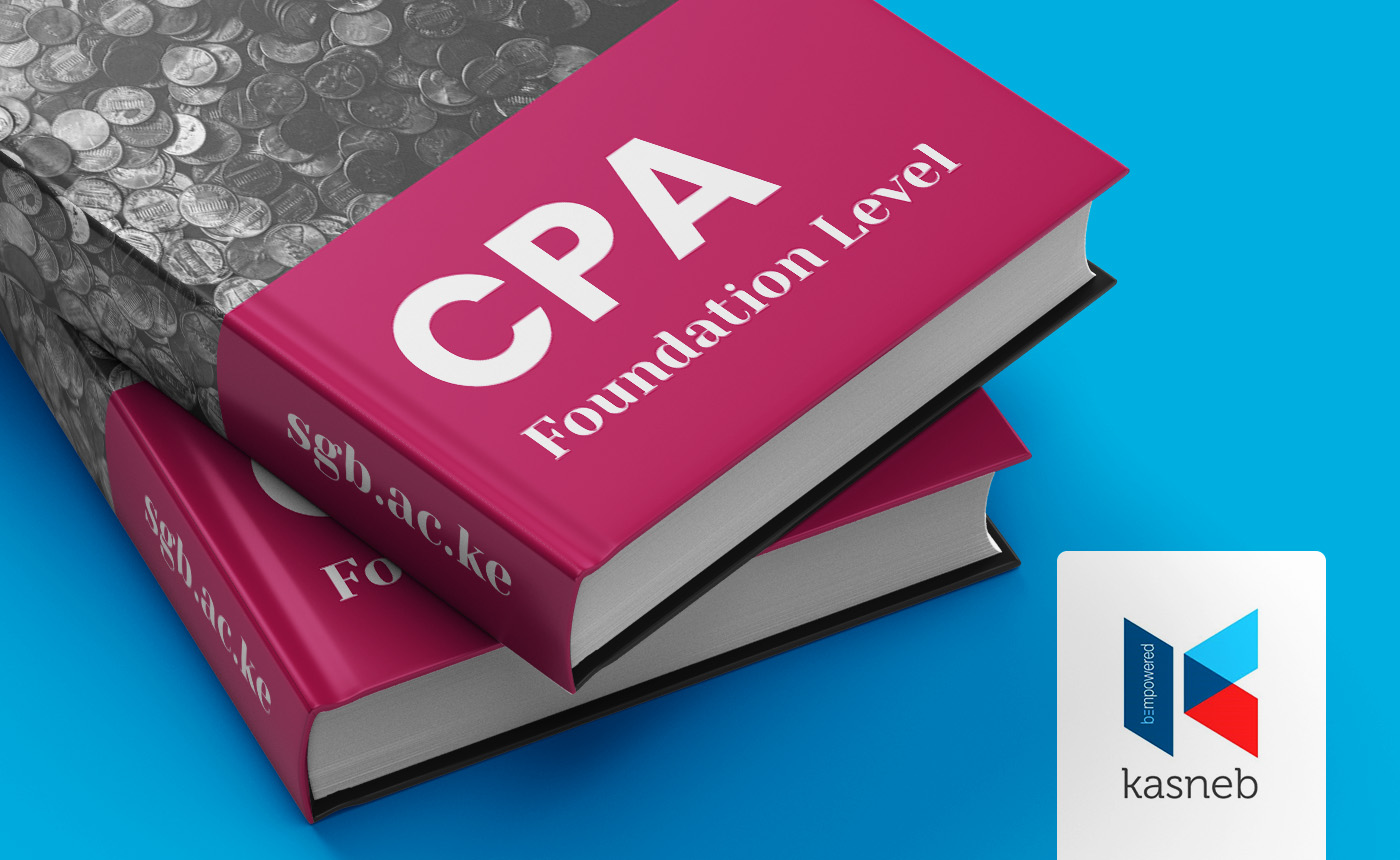Phone: +254 700 524589 | +254 782 524589 Email: [email protected]
Paper 02: Communication Skills

About Course
The Professional courses are administered at Foundation, Intermediate and Advanced Levels. Each level requires an average of one year, though candidates are advised to provide for an additional one year to meet requirements for internship/ practical experience.
A student must book for a minimum of three papers in a level in any order unless is exempted or has credits.
Prior to certification, candidates will be required to:
- Attend workshops on ethics, soft skills and emerging issues organised by kasneb and ICPAK and earn IPD hours.
- Obtain 1-Year practical experience, or alternatively attend workshops on work based simulation organised by kasneb and ICPAK.
This course is aimed at persons who wish to qualify and work or practice as professional accountants, auditors, finance managers, tax managers and consultants in related areas in both public and private sectors.
Course Content
JAN – APR 2026 RECORDINGS
-
02 February
01:40:09
SEPT – DEC 2025 CLASS RECORDINGS
MAY TO AUGUST 2025 CLASS RECORDINGS
JAN – APR 2025 CLASS RECORDINGS
CLASS RECORDINGS MAY – AUG 2024
Communication Skills Assignment
Communication Skills Class Links
Overview
1. Introduction to communication
2. Types of communication
3. Oral communication
4. Non-verbal communication
5. Writing skills
6. Public speaking and presentation
7. Group and team communication
8. Report and proposal writing
9. Information technology and communication
10. Ethics in communication
past paper
Student Ratings & Reviews

